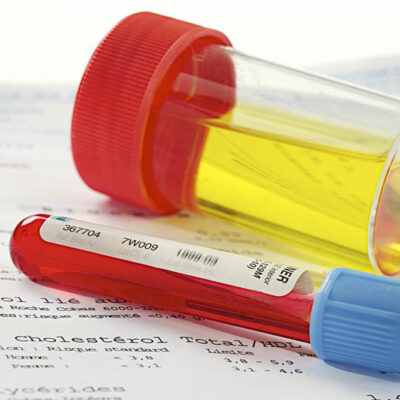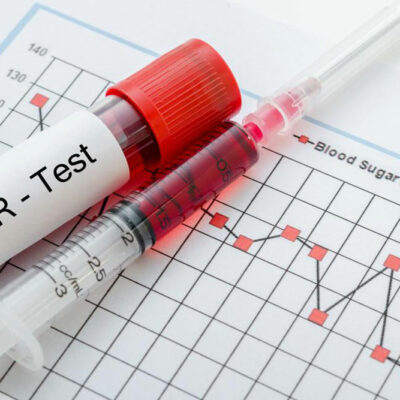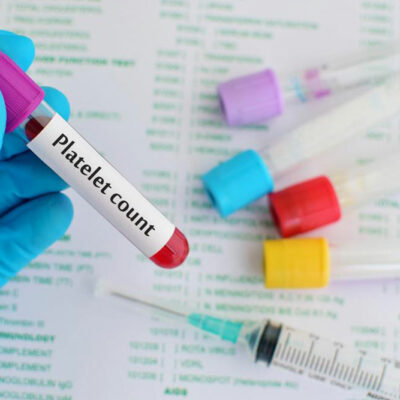
4 alarming reasons why blood appears in urine
The human body is wired in such a manner that it can protect itself to a certain degree from various infections and diseases. However, there are instances when the body succumbs to these diseases if it’s stronger than our immune system. Also, certain disorders are a result of some malfunctioning of the organs of our body, especially when something interferes with its functioning.
Read More 







